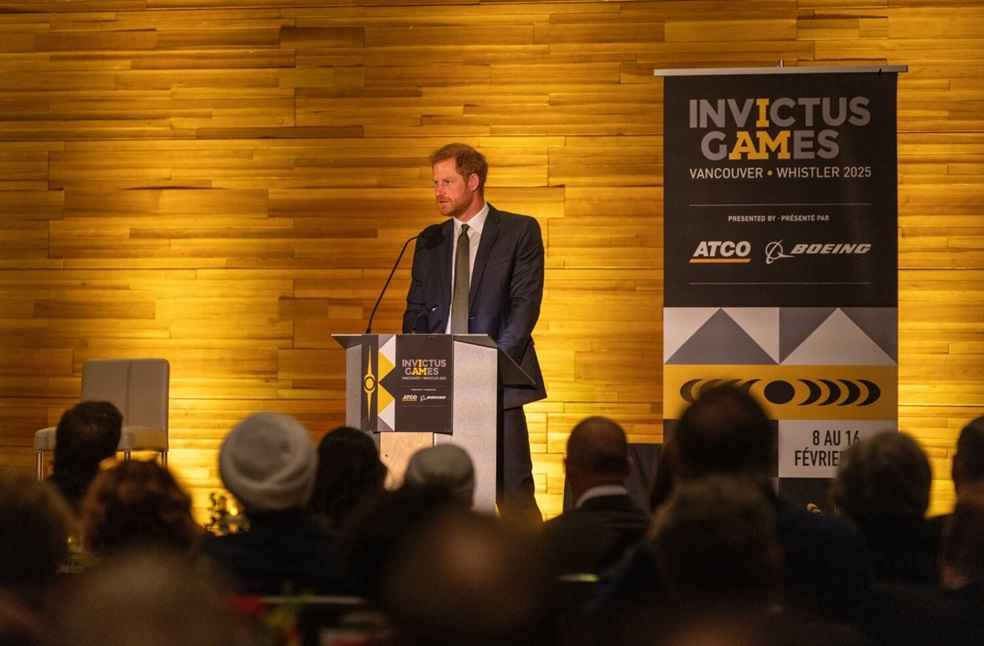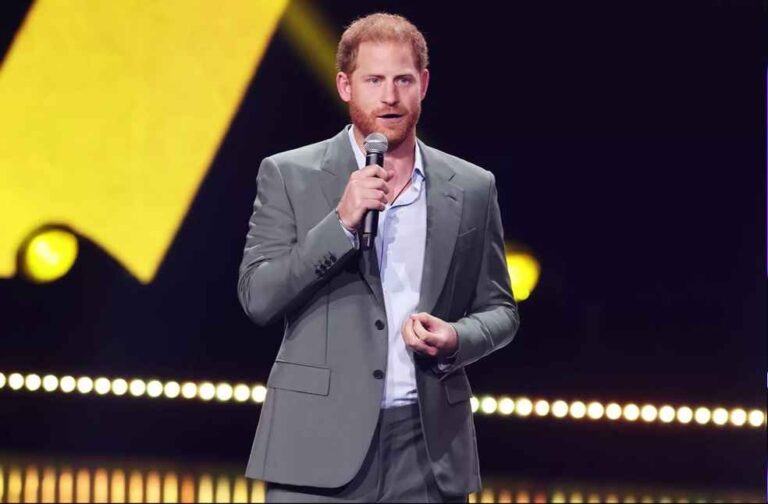United Kingdom: Prince Harry has lost a legal challenge against the UK government over their decision to reduce the level of his personal security when he visits the country.
In February 2020, the Royal and VIP Executive Committee (RAVEC), decided to reduce the degree of publicly funded security provided to the Duke of Sussex after he stepped down from his role as a working member of the royal family. As a result, Prince Harry took legal action against the Home Office.
The lawyers of the Duke of Sussex informed the court in December that his treatment was unlawful and unfair. They also warned about the potential impact on the UK’s reputation from a successful attack against the Duke.
The case poses typical challenges regarding security arrangements during visits to the United Kingdom. The Home Office argued that RAVEC was entitled to determine bespoke protection for the Duke on a case-by-case basis, and therefore, the claim should be dismissed.
Home Office lawyers argued that the Duke was no longer subject to regular security review by RAVEC, but was still within the group in appropriate circumstances. The court was informed that it was incorrect to suggest that there was no evidence of considering the impact of an attack.

The high court judge, Sir Peter Lane, ruled that RAVEC’s approach was not irrational or procedurally unfair. The Home Office welcomed the decision while Prince Harry’s lawyers stated that they would appeal.
According to Lane’s partially redacted 52-page ruling, “Harry’s lawyers had taken “an inappropriate, formalist interpretation of the RAVEC process. The bespoke process devised for the claimant in the decision of 28 February 2020 was, and is, legally sound.”
Lane remarked that RAVEC would normally deal with risks arising in Great Britain and would normally affect principals domiciled in Great Britain. However, since the Duke and Duchess of Sussex live in North America, they do not easily fit into this framework. He also mentioned that RAVEC had recently ordered current threat assessments.
The high court judge rejected Prince Harry’s claims that RAVEC had failed to follow its policy without good reason, concluding that the policy did not equate to a legal right and nor was the court able to make a value judgment. He noted there was no “mandatory set of criteria that it applies in order to consider whether an individual should come within the RAVEC cohort.”

RAVEC is entrusted by the Home Office with the protection and security arrangements for members of the Royal Family and others, in collaboration with the Metropolitan Police, the Cabinet Office and the Royal Family.
Prince Harry did not attend the December hearing. He has been residing in North America with his wife Meghan and their children ever since they announced in January 2020 that they were stepping down from the senior royal family.
Due to security concerns for public figures like the Duke of Sussex, most of the proceedings were conducted privately, without the media or public presence, because of confidential evidence. According to Lane, his decision contained redactions because releasing the information would have “a serious adverse impact on the individuals concerned, as well as being contrary to the public interest, including that of national security.”
A Home Office spokesperson said that, “We are pleased that the court has found in favour of the government’s position in this case and we are carefully considering our next steps. It would be inappropriate to comment further. The UK government’s protective security system is rigorous and proportionate.”
POPULAR | UK unveils new portrait of King Charles for public buildings



